ABOUT US
We are united in our dedication to raise awareness, advocacy and support to dyslexic people.
Africa Dyslexia Organisation (ADO)
The Africa Dyslexia Organization is a pioneering advocate for multi-sensory learning techniques for literacy, talent development, and equal opportunities for individuals with dyslexia and related learning differences across Africa. Our mission is to unlock the full potential of those with dyslexia by empowering them with multi-sensory learning approaches, fostering talent development, and creating a clear pathway to professional success. We strive to break down barriers in both education and employment, ensuring that dyslexics can thrive in every stage of their personal and professional lives.
We serve as a vital resource for families, educators, and employers, providing current, evidence-based information and practical solutions for managing dyslexia. ADO actively combats the stigma surrounding learning differences and works to create inclusive environments where every individual, regardless of their learning style, has access to the tools they need to succeed.
Commitment to Global Goals
In alignment with the United Nations Sustainable Development Goals, ADO is committed to SDG 4 (Quality Education), SDG 8 (Decent Work and Economic Growth), and SDG 10 (Reduced Inequality). Through these commitments, we work tirelessly to ensure inclusive, equitable education and decent work opportunities for all. With a focus on multi-sensory learning techniques for literacy and professional success, ADO ensures that individuals with dyslexia are empowered not only to succeed academically but also to thrive in the workforce, ensuring no one is left behind due to learning differences.
Our Vission
To build an inclusive Africa where every individual with dyslexia can access multi-sensory learning, develop their talents, and succeed in both education and the workforce.
Our Mission
To empower individuals with dyslexia by promoting multi-sensory learning, nurturing their talents, and expanding access to professional opportunities. We aim to remove barriers in education and employment through advocacy and by equipping learners, educators, and employers with the tools to support dyslexic individuals.
ADO has four main goals:
- Raise Awareness & Advocacy
To spearhead awareness campaigns and advocate for the rights of individuals with dyslexia, influencing policy-makers, educators, and corporate leaders to adopt inclusive strategies that support literacy, particularly multi-sensory approaches, and talent development. - Inclusive Education for All
To collaborate with schools, governments, and institutions to ensure multi-sensory learning techniques for literacy are accessible and adaptable, helping all students with dyslexia and learning differences succeed academically and in life. - Talent Development & Workforce Integration
To design and implement programs that nurture the unique talents of dyslexics, preparing them for the workforce and providing them with the skills necessary for success in today’s job market. ADO partners with employers to foster supportive workplace environments where individuals with dyslexia can excel. - Community Empowerment & Support
To provide comprehensive resources, tools, and support systems that empower families, educators, and dyslexic individuals to navigate educational and professional landscapes, while actively reducing stigma and enhancing social inclusion.
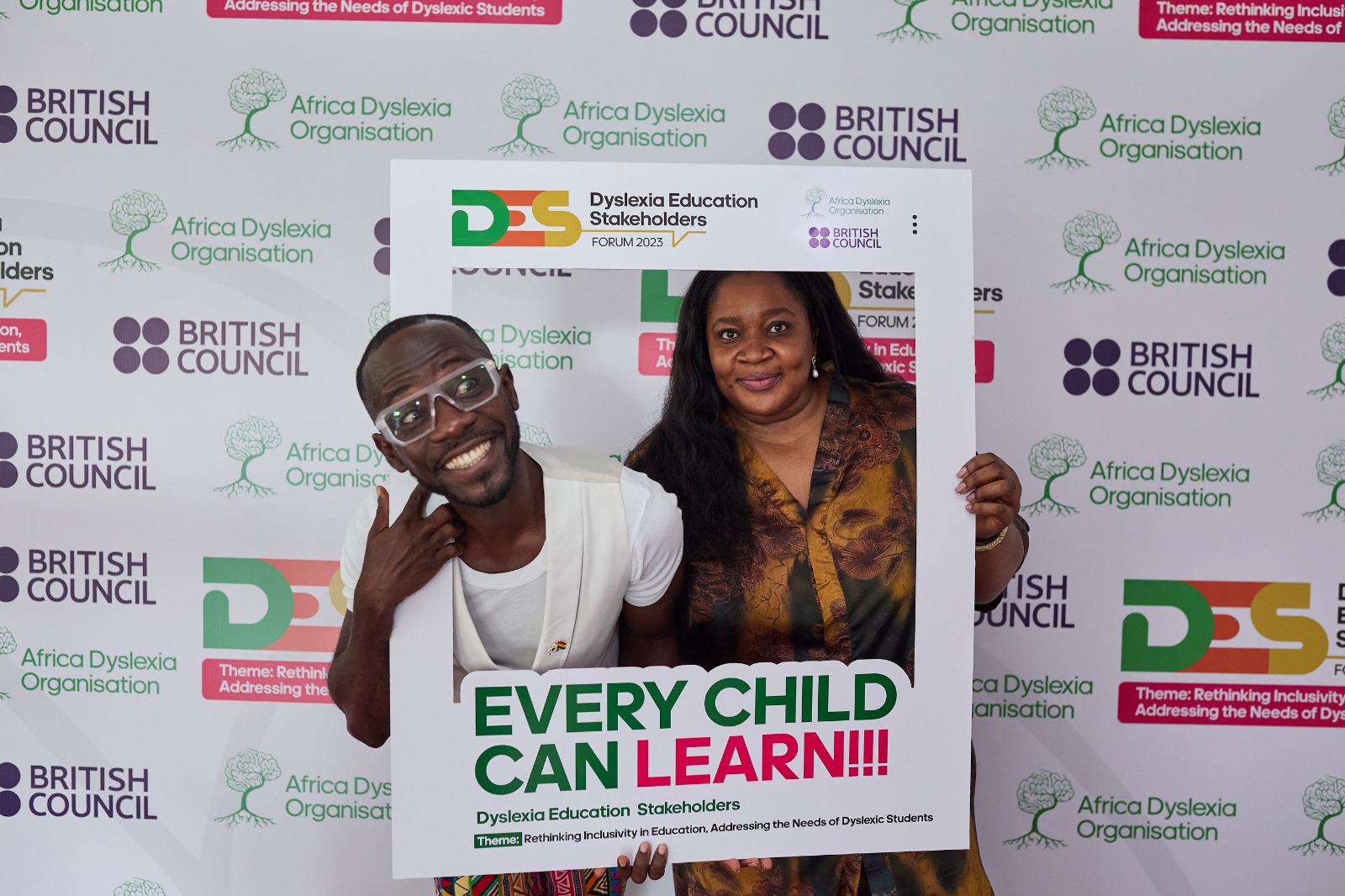
What We do
AWARENESS CAMPAIGN
We create awareness campaigns to educate the public about dyslexia and its implications, and to reduce the stigma associated with it. This campaign has focused on media outreach, such as radio and television spots, social media as well as posters and flyers.
In addition to our awareness campaign through traditional media and modern media
We also create awareness by:
- Organizing informational and training workshops
- Webinars
- Dyslexia conferences
- Publishing books on dyslexia
- Dyslexia Global Conversion
Advocacy Efforts
We are heavily involved in advocacy efforts. Our organization is dedicated to ensuring that individuals with dyslexia and related learning disabilities are given the same opportunities as other individuals, and we work tirelessly to lobby governments and other stakeholders to ensure that the necessary legal and policy frameworks are in place to protect the rights of people with dyslexia. Our advocacy efforts have led to significant progress in improving the lives of individuals with dyslexia in Ghana and hoping to touch other Africa countries soon.
- We are part of the technical working group reviewing Ghana’s Inclusion Education Policy.
- We advocate for adults with dyslexia in workplaces.
- Advocates for learners to be giving the needed Accommodations and Modifications in Schools
Education Programs
We have developed and implemented educational programs that provide resources and support to individuals with dyslexia and related learning disabilities so that they can reach their full potential. This includes providing resources to teachers, owners of schools, heads of schools, universities and corporate institutes so that they can better understand and address the needs of individuals with dyslexia.
We do this by providing:
- Online course for teachers and parents.
- Providing Certified training for teachers
- Customised Training for Teachers in schools
- Train a trainer program
- Referral for Assessments
- Referral for Inventions and Remediations
Future Focus (ADO and Partners):
- Milti-Sensory Literacy and Math Instruction, Speech & Language Therapy, Occupational Therapy, Counselling.
- Working with students with learning differences through a state of the Art Remedial Educational Center (this center will have multi-disciplinalry services for children with learning differences and ADHD).
- Assessment: Neuro-psych evaluations, Informal assessments and Screening.
Mentorship Program
Student Mentorship Program:
ADO is committed to supporting students with dyslexia through a mentorship program that connects them with mentors who have experience dyslexia or leaders with expertise in working with individuals with dyslexia. This program aims to provide guidance and support to students with dyslexia, helping them to navigate challenges and achieve academic success. The mentorship program is open to students of all ages and is conducted virtually, making it accessible to students from all over Africa.
Parents Support Service:
At ADO, we understand that having a child with dyslexia or related learning disabilities can be challenging for parents. That’s why we offer a range of support to help parents navigate the educational system and better understand their child’s needs. Our trained professionals provide personalized guidance and resources to parents, including information about dyslexia and related learning disabilities, tips for managing daily challenges, and guidance on accessing the right educational services for their child. Additionally, we offer regular support groups and workshops to provide a safe and welcoming space for parents to connect with each other and share their experiences.
ADO recognizes the important role parents play in supporting children with dyslexia. Here are some ways ADO upport parents:
- Parent Support Groups: ADO facilitate parent support groups where parents of children with dyslexia connect with one another, share experiences, and learn from each other. These support groups are held virtually or in-person, depending on the preferences of the parents.
- Parent Education: ADO provide education and training for parents to better understand dyslexia and how to support their children. This includes information on dyslexia and other learning differences, its challenges on the child, and effective strategies for supporting children with dyslexia at home.
- Referral Services: ADO provide information and referral services for parents seeking diagnostic assessments or other specialized services for their children with dyslexia. This includes information on local service providers or recommendations for specialized schools or educational programs.
Research and Development
We are committed to researching and developing new methods and techniques to help individuals with dyslexia. This will involve conducting research and experiments in order to better understand the dyslexia and related learning disabilities and develop more effective interventions programs and policies.
International Collaboration
We are seeking to form collaborations with international organizations, in order to learn from their experiences and share our own. We are also using this opportunity to form partnerships with organizations in other countries, in order to better understand and address the needs of people with dyslexia globally. We are also partnering with organizations that want to help support our work to assist dyslexic people through funding and other forms of support.
CSR Projects
We are open to partnering with organizations that want to focus on education and support for dyslexic individuals in their corporate social responsibility projects.
Consultancy
ADO strives be a leading consultant in evidence-based and custom-tailored solutions for educators and organizations in Africa. We work closely with schools, universities, and government agencies to develop strategies to support leaners with dyslexia and related learning disabilities across Africa.
Our consultancy services encompass a wide range of areas, including but not limited to;
- Needs Assessment and Evaluation: We conduct thorough assessments to identify the specific needs and challenges related to dyslexia within educational settings. This enables us to develop targeted strategies and interventions that address the unique requirements of students with dyslexia.
- Tailor-made Training for Teachers: We provide specialized training programs designed to equip teachers with the knowledge, skills, and strategies necessary to effectively teach dyslexic learners. Our training programs focus on evidence-based instructional methods, classroom accommodations, and multisensory teaching approaches.
- Professional Capacity Development: ADO offers professional development for teachers and school administrators to enhance their understanding of dyslexia and related learning differences. We provide workshops, seminars, and ongoing support to ensure that educators have the necessary expertise to support dyslexic students effectively.
- Guidance in Setting up an Inclusive Education Unit: We provide guidance and support to schools in establishing inclusive education units dedicated to supporting students with dyslexia and other learning differences. Our experts assist in developing inclusive policies, designing appropriate learning environments, and implementing effective intervention programs.
- Resource Development on Dyslexia & Related Learning Differences: ADO together with our partners in USA, Nigeria, UK, and Canada will develops comprehensive resources, including teaching materials, screening and assessment tools, and guidelines, to support educators in addressing dyslexia and related learning differences in the classroom. These resources will be tailored to the African context and provide practical strategies for effective instruction and support.
- Research and Evaluation: We conduct research studies and evaluations to further our understanding of dyslexia plus related learning differences and its impact on learning. Our research findings contribute to evidence-based practices and inform the development of innovative interventions and policies.
ADO Network & Membership
ADO Network of Professional: At ADO, we understand the importance of collaboration and networking in achieving our mission. We are building a decentralized network of resources, thought leaders, high net worth individuals, educational institutions, and government agencies. Through this network, we aim to create a sustainable ecosystem for dyslexia support and advocacy in Africa.
Membership: ADO membership is a vibrant community of schools, teachers, organisations, and individuals who share our passion for dyslexia awareness and programs. By joining ADO Membership, you’ll have access to a wealth of resources, support and networking opportunities to help you better understand dyslexia and related learning differences and how to support all diverse learners. Check our membership page for detailed information.
Our Future Project
Dyslexia Resources Learning Center: Africa Dyslexia Institute
In line with our long-term goals, ADO is committed to building an ultramodern Dyslexia Resources Learning Center in Ghana. We aim to make this center a model for dyslexia education and support in Africa. Our target is to complete the project within the next three to five years.
The Dyslexia Resources Learning Center (Dyslexia Institute of Africa) will serve as a comprehensive hub for dyslexia support and education institution for teachers, schools, researchers, governmental agencies and organisation . It will provide a wide range of services, including, tailor-made trainings for educators, schools and other organisations , mentorship and summer camps for children with related related learning differences, dyslexia assessment and research.
The center will offer targeted interventions for children with dyslexia and related learning differences, utilizing evidence-based methods and personalized instruction. Additionally, the center will analyze the effectiveness of its training programs to continuously enhance educational approaches. Overall, the center aims to be a model for research on dyslexia and related learning disabilities, training hub in Africa.
We welcome partners from all over the world to make this project a success. Contact Us via partnership@africadyslexia.org
As we continue to grow and develop, we will strive to implement new strategies and initiatives to meet our goals. Our initiatives be supplemented by other strategies and activities, such as providing resources to individuals and organizations, offering mentoring and support services, and engaging in collaborative research on more global level. Through our comprehensive approach, we are committed to reducing the stigma associated with dyslexia and ensuring that people with dyslexia are given the same opportunities as everyone else.
Our Amazing Partners
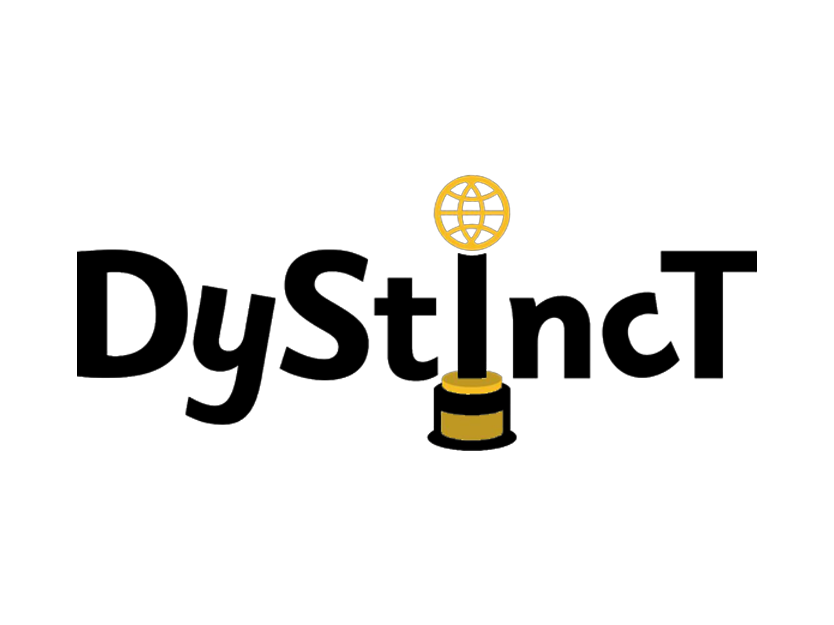

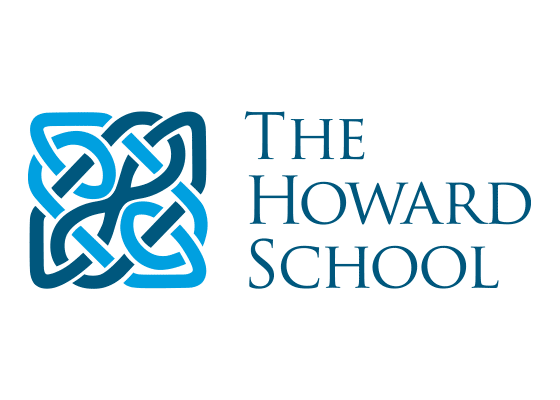
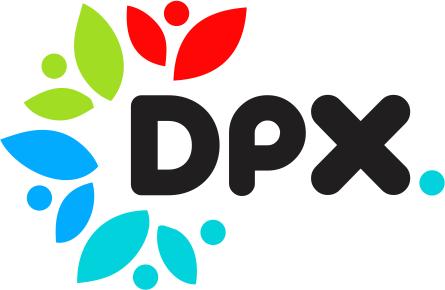
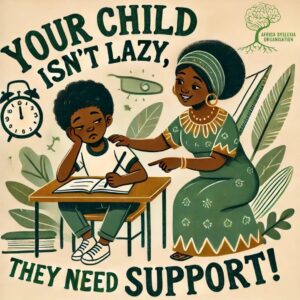
Your Child Isn’t Lazy ,They Need Support!
Your Child Isn’t Lazy ,They Need Support! It’s a scene that plays out in homes and classrooms Africa: a child struggles with schoolwork, shows little interest in reading or writing, and seems distracted or disengaged. Frustrated parents and teachers might assume the worst: “They’re just being lazy.” But the reality is often far from laziness.

A New Academic Year: Supporting Every Child’s Journey, Especially Those with Dyslexia
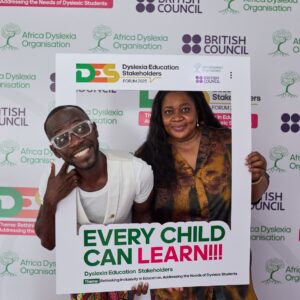
Every Child Can Learn: Embracing Diversity in Education
The belief that every child can learn forms the cornerstone of inclusive education. This principle does not imply that all children will learn in the same way or at the same pace. Instead, it recognizes the diverse learning needs, abilities, and potentials of each child, advocating for tailored educational strategies that unlock individual strengths. This
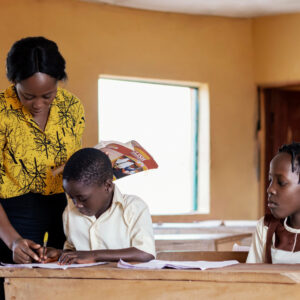
Every Primary and Secondary School in Ghana Must Have At Least Two Teachers to Support Dyslexic Learners.
Education, the bedrock of a nation’s growth and progress, plays a critical role in shaping the socio-economic and technological landscape of a country. This holds especially true for a developing nation like Ghana, with its enormous reservoir of young, dynamic minds eager to learn and contribute. Our education system forms the cornerstone of our collective
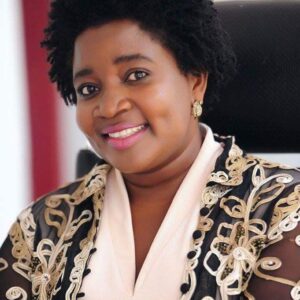
Could Your Child Be Having Dyslexia?
Globally, the discourse on learning disorders is gaining traction. The issues of learning disorders have become increasingly worrying because it has become widespread amongst children and adults alike in our society but little is still known about learning difficulties in Africa. Researchers have reported that more than a tenth of the global population have learning

Dyslexia Is Not a Myth
In Africa, a greater percentage of the populace believe that dyslexia is not real and it is just a coined term used to refer to individuals, specifically children who are lazy in academics. We also have majority of people being ignorant of what dyslexia itself is all about. Despite only a fairly recent move to eminence
